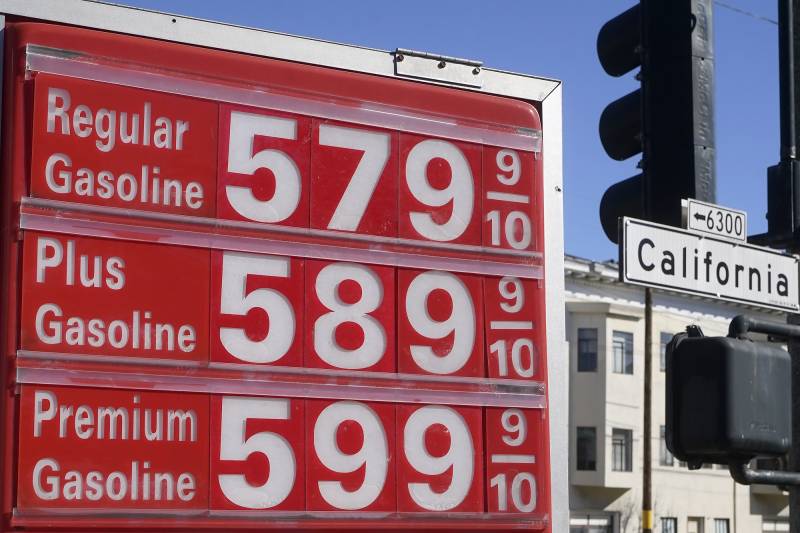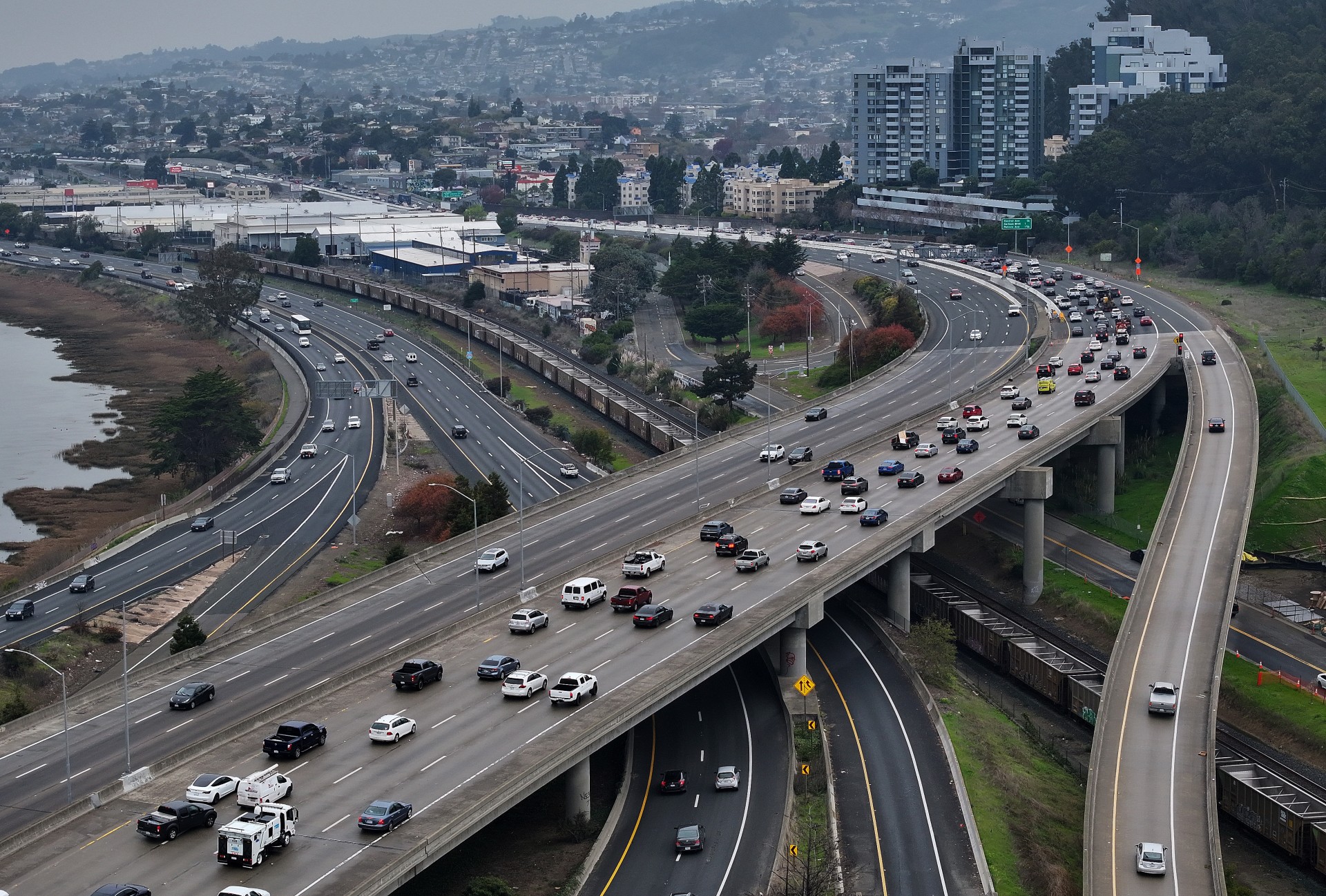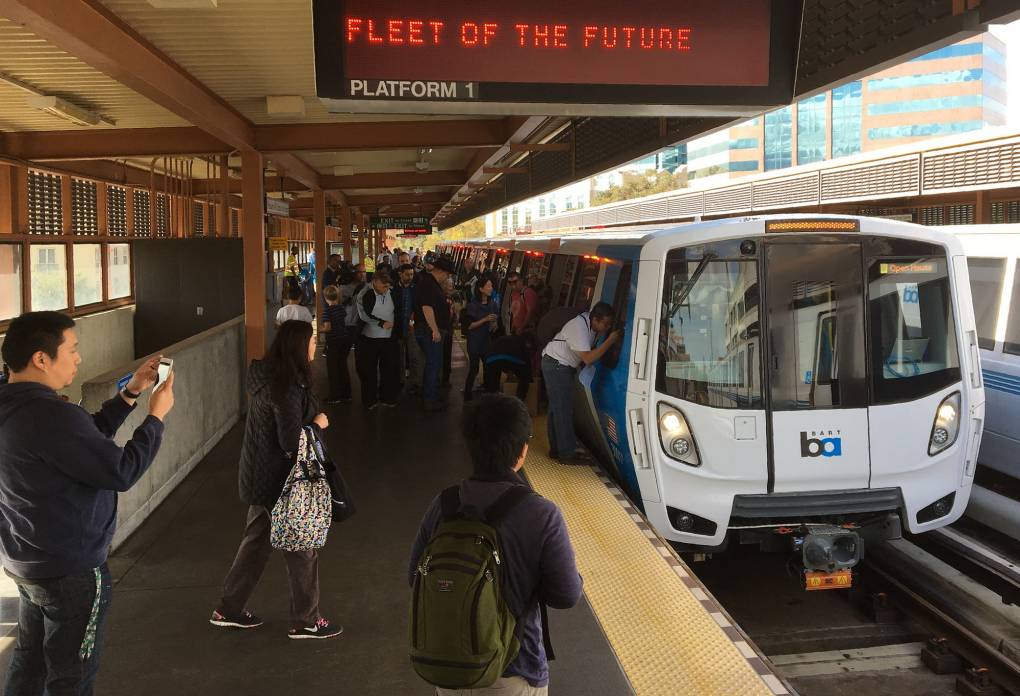The idea for a minimum fuel storage requirement for refiners was seeded by Tai Milder, California’s inaugural watchdog overseeing the oil industry. He told lawmakers during an Assembly hearing last week that “it’s basic supply and demand.”
“We also know that our highly concentrated refining sector doesn’t have the incentive to keep enough supplies and inventory,” he added.
Sure, it could be a matter of supply and demand. It also could be a question of competition. It’s difficult for companies to build new gas stations in California, especially as many cities like Los Angeles severely limit their construction to fight climate change.
Severin Borenstein, a UC Berkeley economist, has argued that these restrictions protect existing gas stations from competition and has pointed out that California has fewer generic gas stations than other states across the West.
As gas prices in Northern California shot up nearly $2 more per gallon when compared to the rest of the country in September, Milder encouraged consumers to seek out off-brand gas stations to find better deals, even as he pointed to the price spike as evidence for why requiring fuel reserves is necessary.
Californians have paid billions of dollars more for gas since 2015 than can be explained by the state’s higher taxes and strict environmental rules, according to Borenstien’s research. It’s a gap he dubbed the “Mystery Gasoline Surcharge.”
“It’s important to recognize the whole idea of inventories, it focuses on these price spikes,” Borenstein told KQED. “Not the overall long-run — high prices in California — which are not going to be addressed by these proposals.”
The price spikes amount to less than 20% of the unexplained high prices consumers are paying, he said.
“It’s a piece of it. But it’s not the most important problem in California,” Borenstein added.


